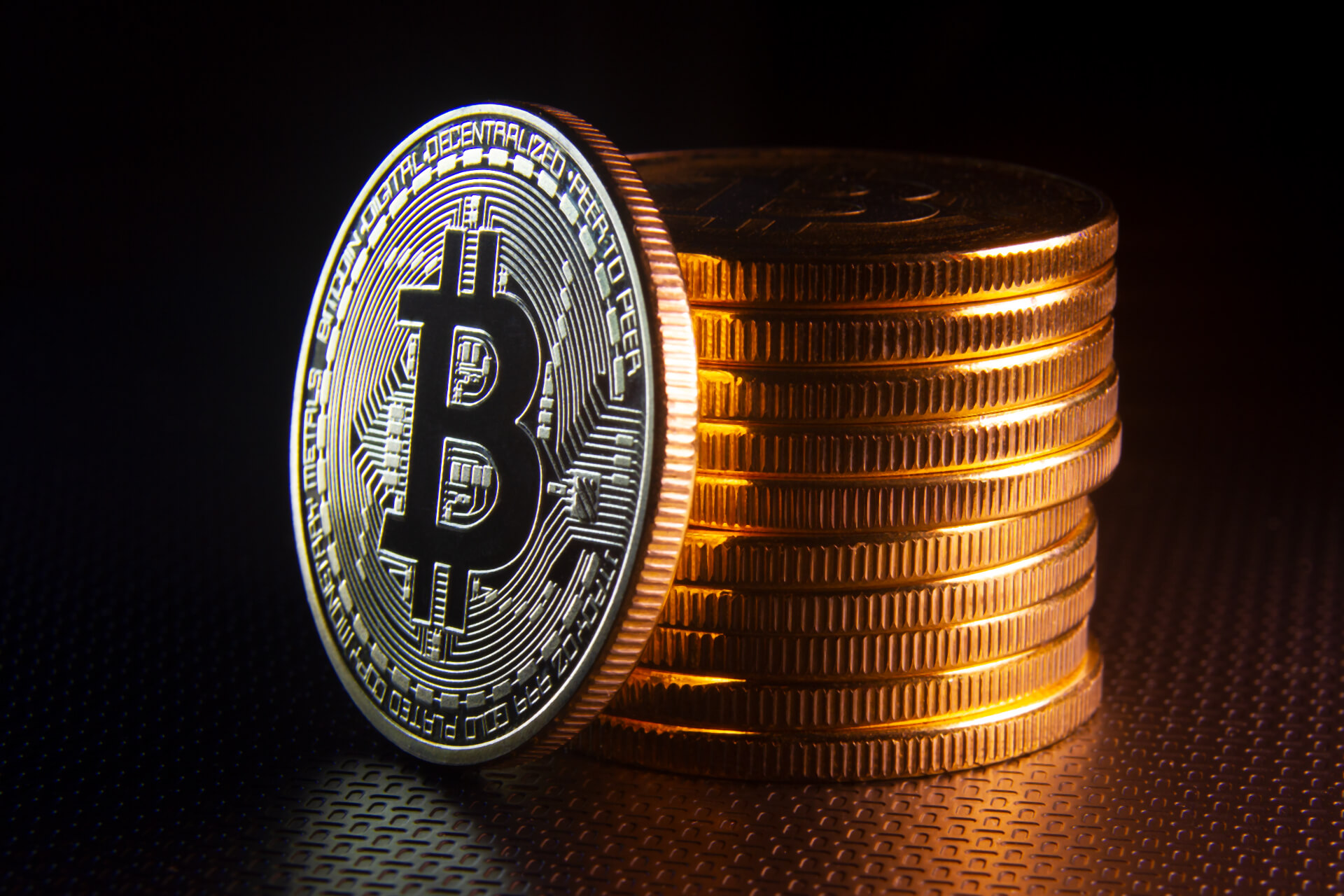In today’s rapidly changing world, the debate over the best store of value is hotter than ever. For generations, gold has been the go-to safe haven, treasured for its physical permanence and universal appeal. But with the digital revolution, a new contender has emerged: Bitcoin, dubbed “digital gold” by its enthusiasts. So, in this digital age, which truly stands out as the better store of value: Bitcoin or gold?
Let’s break down this timeless debate, explore both assets’ strengths and weaknesses, and help you understand which might suit your portfolio best.
What Is a “Store of Value” and Why Does It Matter?
A “store of value” is an asset that preserves or increases its worth over time, even during market turbulence or economic downturns. It should:
- Resist inflation and maintain purchasing power
- Be widely recognized and trusted
- Have consistent demand and limited supply
Both gold and Bitcoin are viewed as stores of value, but they achieve this in completely different ways. Understanding these differences is crucial for any investor in the 21st century.
Gold: The Proven Store of Value
Centuries of Trust and Tangibility
Gold’s history stretches back thousands of years. Kings, empires, and individuals have relied on its permanence and luster to safeguard their wealth.
- Universal Appeal: No matter where you go, gold is recognized and valued.
- Tangible Asset: Physical gold is not dependent on the internet, electricity, or technology.
- Resilience: Despite global crises, wars, and inflation, gold has kept its shine—sometimes literally.
Supply, Scarcity, and Stability
Unlike fiat currencies that can be printed at will, gold’s supply grows only as fast as mines extract it. That steady, limited supply is a foundational reason for its enduring value.
- Low volatility: Gold prices may climb or dip, but they rarely swing wildly in a single day.
- Inflation hedge: Over decades, gold often preserves its purchasing power even as currencies waver.
Gold in the Digital Era
New technology makes gold easier to buy, sell, and store than ever before. From ETFs to digital gold platforms, owning it no longer means stowing bars in a vault. Still, at its core, the asset is essentially unchanged: enduring, physical, and globally trusted.
Bitcoin: The Digital Challenger
From Experiment to Global Phenomenon
Introduced in 2009, Bitcoin took the world by storm as the first decentralized digital currency. Its innovation? Using blockchain technology to create scarcity and authenticity—without a central bank.
- Capped Supply: Only 21 million Bitcoins will ever exist, making it deflationary by design.
- Global Accessibility: Anyone with an internet connection can own, use, or transfer Bitcoin.
- Portability: Bitcoin can cross borders instantly, 24/7, in any quantity.
Volatility, Growth, and “Digital Gold”
While Bitcoin’s price journey hasn’t been smooth—it has seen soaring highs and stunning crashes—supporters argue this is expected for a young, disruptive asset.
- High risk, high reward: Bitcoin has outperformed most traditional assets over the last decade, but it does see sharp corrections.
- Growing legitimacy: Companies, funds, and even some governments now own Bitcoin, boosting its reputation as a store of value.
Security and Ownership
Holding Bitcoin requires digital wallets and security best practices. Unlike gold, Bitcoin can’t be physically stolen if properly secured. However, digital theft and loss of private keys are real risks unique to this new landscape.
Bitcoin vs. Gold: Key Differences
Let’s look at a side-by-side comparison to highlight where these assets truly differ:
| Factor | Gold | Bitcoin |
|---|---|---|
| Age | Thousands of years | Since 2009 |
| Tangibility | Physical, can be held | Digital, no physical form |
| Supply Limit | Grows slowly; some undiscovered | Hard cap: 21 million coins |
| Trust | Universally trusted, proven record | Trust is growing but still debated |
| Volatility | Generally low | High |
| Portability | Bulky, requires storage | Instant digital transfer |
| Security | Can be physically stolen or lost | Digital risks (hacks, private key loss) |
| Regulation | Heavily regulated | Regulatory landscape still evolving |
| Inflation Hedge | Yes | Yes (by design, but unproven long-term) |
Is Gold Still King?
Gold’s legacy makes it the benchmark for value preservation. In every crisis—be it currency devaluation, wars, or recessions—gold has provided safety. Investors often flock to gold during uncertainty, and central banks continue to hold vast reserves.
Physical gold can’t vanish with the flick of a switch. And its low day-to-day volatility adds comfort for many conservative investors. In terms of history and stability, its credentials are unmatched.
Can Bitcoin Dethrone Gold as the Top Store of Value?
Bitcoin enthusiasts argue that it’s uniquely suited to the needs of the modern era:
- Decentralization: No government or entity can manipulate its supply or censor its use.
- Transparency: Every transaction is recorded on an immutable blockchain.
- Scarcity and Accessibility: Fixed supply and borderless transferability appeal to a digital-first generation.
Bitcoin is also immune to physical confiscation and can be moved globally without intermediaries—all benefits for today’s interconnected world.
However, Bitcoin remains much more volatile than gold. Major regulatory changes, tech vulnerabilities, or shifts in investor sentiment can cause sharp price swings. While some see this as a sign of its youth and growing pains, others see risk.
Risks and Considerations
No asset is perfect. Before making a choice, consider key risks with each:
Gold
- Storage and insurance costs for physical gold
- Not easily split for small transactions
- Price can be influenced by central bank policy and shifts in demand
Bitcoin
- Highly volatile price movements
- Tech challenges: wallet management, security, risk of hacking
- Uncertain regulatory future in some countries
- Market manipulation or loss of confidence can trigger sharp declines
The Case for Diversification
The digital age doesn’t mean you have to pick sides. Many experts recommend a diversified portfolio that includes both gold and Bitcoin.
- Gold offers stability and centuries of trust.
- Bitcoin provides exposure to high growth and technological innovation.
Balancing these assets can help investors benefit from both time-tested and emerging opportunities.
Conclusion: Which Is the Better Store of Value?
The answer depends on your risk tolerance, investment goals, and belief in technology’s future.
- If you prize stability, history, and peace of mind, gold is a fantastic choice.
- If you seek growth, innovation, and are comfortable with higher risk, Bitcoin might suit you.
- For many, combining both creates a resilient, future-ready portfolio.
The debate over Bitcoin vs. gold will evolve alongside our world. Whichever you pick, being informed—and aligning your choices with your values and goals—is key to successful investing in the digital age.
Ready to Build Your Wealth in the Digital Age?
Whether you’re a diehard gold bug or a passionate Bitcoiner, staying educated is your best investment. Take the next step: review your financial goals, explore both assets, and consult with a trusted advisor. The future of wealth is yours to shape—start today!






